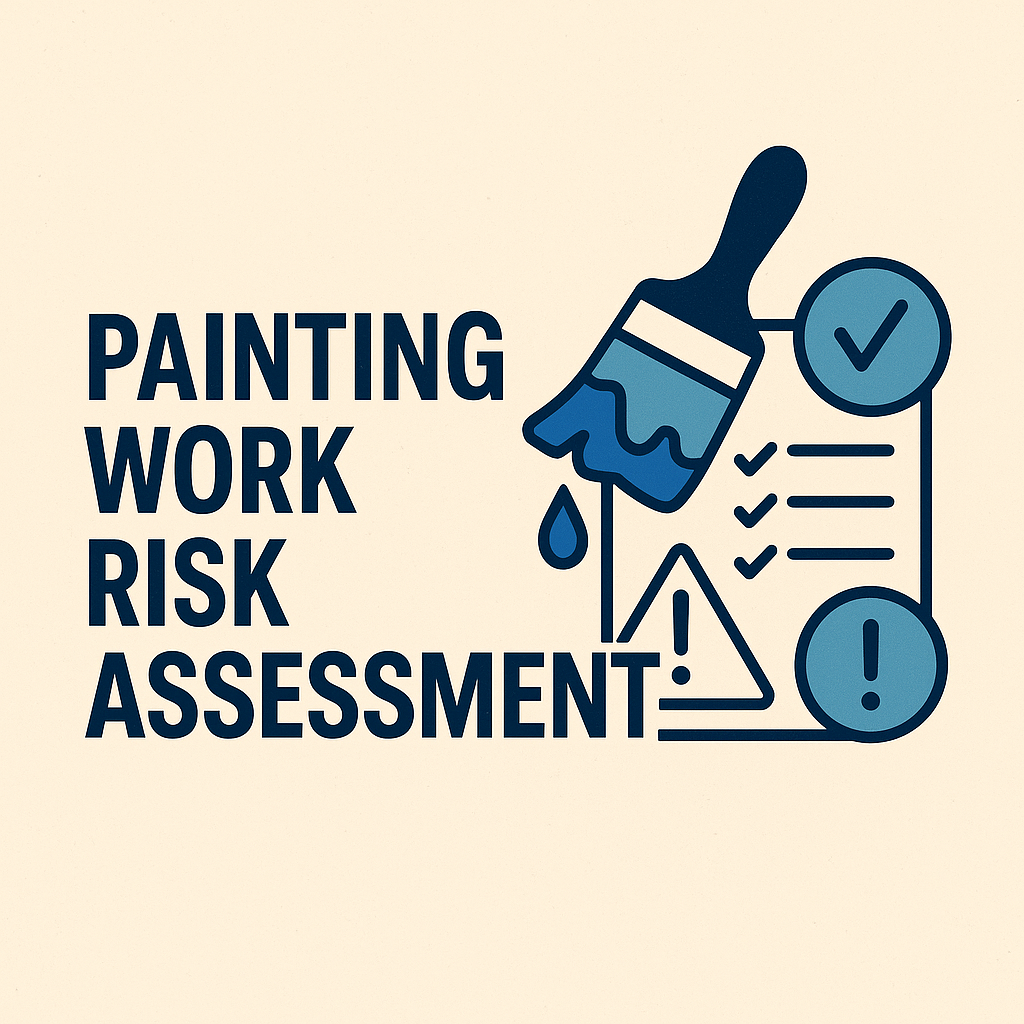
Certified Safety Officer Requirements and Benefits
Certified Safety Officer Requirements and Benefits : In today’s world, safety is paramount. Whether it’s in the workplace or our daily lives, ensuring safety standards are met is crucial. This is where certified safety officers come into play. They are professionals who are trained to identify and mitigate risks, ensuring the well-being of individuals and organizations. If you’re considering a career in this field, this article will provide you with a comprehensive guide on the requirements and benefits of becoming a certified safety officer.
Introduction
Safety officers play a pivotal role in safeguarding lives and assets. Their expertise is in high demand across various industries, making it a rewarding career choice. In this article, we’ll delve into the specifics of what it takes to become a certified safety officer and the advantages it brings.
What is a Certified Safety Officer?
A certified safety officer is a trained professional responsible for ensuring that organizations comply with safety regulations and standards. They assess potential hazards, develop safety protocols, and train employees to create a secure work environment.
Why Become a Certified Safety Officer?
- Promoting Safety: As a safety officer, you contribute to safer workplaces, reducing accidents and injuries.
- Career Opportunities: The demand for safety officers is rising, providing excellent job prospects.
- Diverse Industries: Safety officers are needed in fields like construction, healthcare, manufacturing, and more.
- Competitive Salary: The average salary for certified safety officers is attractive.
Educational Requirements
To embark on this career path, you typically need a bachelor’s degree in occupational health and safety or a related field. A strong foundation in science and engineering can also be beneficial.
Professional Experience
Gaining practical experience is essential. Most employers prefer candidates with prior experience in safety-related roles or internships.
Certification and Training Programs
Becoming certified is a crucial step. Organizations like the National Safety Council and the Board of Certified Safety Professionals offer respected certifications.
Skills and Qualities of a Safety Officer
- Attention to Detail: Identifying potential hazards requires a keen eye.
- Communication: Effective communication is vital for training and ensuring compliance.
- Problem-Solving: Safety officers must find solutions to complex safety issues.
- Leadership: Leading by example and guiding employees toward safety.
- Technical Proficiency: Understanding safety equipment and technology.
Job Opportunities
Certified safety officers are in demand across industries. They can work in manufacturing plants, healthcare facilities, construction sites, and government agencies.
Salary Expectations
The salary for certified safety officers varies by location, experience, and industry. On average, they earn a competitive wage, with opportunities for growth.
Career Growth
Safety officers can advance to higher positions such as safety managers or consultants. Continuous learning and staying updated on safety regulations are essential for growth.
Challenges in the Safety Officer Profession
Safety officers may face challenges such as resistance to change, balancing safety and productivity, and handling non-compliance issues.
Ethical Considerations
Maintaining ethical standards is vital for safety officers. They must prioritize safety over profit and uphold the well-being of all individuals.
Benefits for Employers
Hiring certified safety officers can reduce accidents and legal liabilities, ultimately saving organizations money and ensuring a positive reputation.
Benefits for the Community
Safe workplaces benefit not only the employees but also the communities where businesses operate. Reduced accidents lead to healthier and happier communities.
Conclusion
Becoming a certified safety officer is a noble pursuit. It offers a rewarding career, competitive salary, and the opportunity to make a meaningful impact on the safety of individuals and communities.
Safety Officer Fresher Salary in Dubai
Safety Manager Salary in Dubai
Safety Engineer Salary in Canada
How to Apply for a Safety Officer Course
Safety Officer Basic Knowledge
FAQs
- How long does it take to become a certified safety officer?
- The timeline varies, but it typically takes several years of education and experience.
- What certifications are recognized in the safety officer field?
- Certifications from organizations like the National Safety Council and the Board of Certified Safety Professionals are highly respected.
- Do safety officers work only in the industrial sector?
- No, safety officers are needed in various industries, including healthcare, construction, and government.
- Is job growth promising for safety officers?
- Yes, the demand for safety officers is increasing, offering excellent job prospects.
- What is the primary goal of a safety officer?
- The primary goal is to ensure the safety and well-being of individuals in the workplace.
























